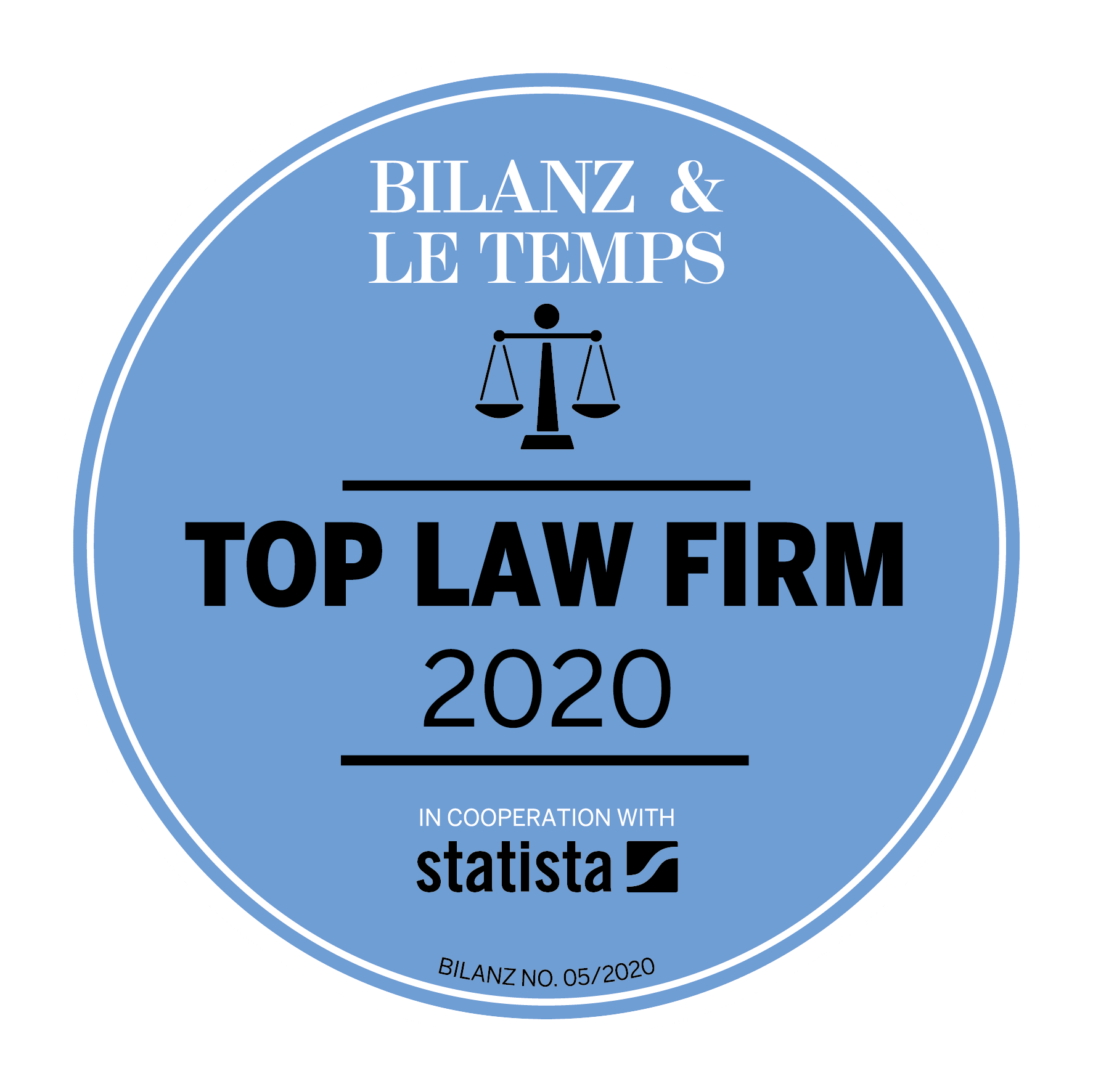At the meeting of 22 May 2024, the Federal Council ratified the dispatch on the further development of the fight against money laundering. With the “Federal Act on the Transparency of Legal Entities” (TJPG), Switzerland intends to introduce a federal register of beneficial owners of companies in order to strengthen the integrity and competitiveness of our financial and business location. Legal entities are still often misused to conceal assets. The Federal Council wants to remedy this situation. The proposed measures are in line with international standards.
This federal register (transparency register) primarily concerns legal entities under Swiss law, certain legal entities under foreign law and trusts where the trustee is a resident in Switzerland, or the foreign trust is actually administered in Switzerland. The register is not intended to be publicly accessible, but to enable the authorities (primarily the criminal prosecution authorities) to obtain information on beneficial owners more quickly and reliably. It is managed by the Federal Office of Justice. Among other things, the TJPG contains regulations regarding the obligations to identify, verify and report beneficial owners and fiduciary directors as well as regulations regarding the management of and access to this register. The register is kept electronically, and notifications must also be made electronically.
A beneficial owner is any natural person who (directly or indirectly), alone or with third parties, holds at least 25% of the capital or votes in a legal entity or controls it in some other way. Thus, this definition is basically identical to the definition found in the Swiss Code of Obligations for a beneficial owner. However, according to the TJPG, in addition to the name and address, the date of birth, nationality and information on the type and extent of control exercised by the beneficial owner, must now also be documented. The company must also verify this information and request relevant supporting documents such as copies of identity documents from the persons concerned.
Although the company is responsible for identifying the beneficial owner, also the shareholders, and in certain circumstances the beneficial owners are obliged to provide the company or the shareholder with the necessary information. The company shall verify this information with due care. The information must be documented, updated and available at all times. If it is not possible to successfully identify the beneficial owner or verify their identity or status as a beneficial owner in a satisfactory manner, this fact and the steps taken should be documented. The information must be transmitted to the transparency register within one month. If the beneficial owners are identical to the shareholders or executive bodies entered in the commercial register, the notification can also be made via the commercial register. Responsibility for the notification lies with the highest governing body.
Persons who exercise the function of a director, managing director, shareholder and/or partner of a Swiss company in a fiduciary capacity, i.e. in their own name and for the account of a third party, are also subject to certain reporting obligations. They are generally obliged to disclose the fiduciary relationship; such relationship must be documented by the company. In addition, reference must be made in the commercial register to the fact that the director, managing director or shareholder is acting in a fiduciary capacity.
Identification, documentation and reporting obligations also apply to foundations and associations (insofar as they are obliged to be entered in the commercial register). In the case of foundations, in principle decision-makers, controlling owners and (at least identifiable) entitled beneficiaries or, in case of legal entities, their beneficial owners must be identified. In the case of an association, the person who controls the decisions qualifies as the beneficial owner, e.g. if someone finances an association in a way that is decisive enough to control it. If this criterion is not applicable to anyone from either the foundation or association, the supreme member of the governing body is then deemed to be the beneficial owner. With regard to documentation, the above applies mutatis mutandis.
The trustee is responsible for identifying and documenting the beneficial owners of a trust. The following persons are deemed to be the beneficial owners of a trust: settlor, trustee, protector, beneficiary and any other controlling person. All persons involved in a trust are therefore deemed to be beneficial owners and must be identified and verified accordingly. In addition, the trustee is subject to the identification obligations of certain service providers (financial intermediaries, advisors, etc.). However, under the draft law there is no reporting obligation.
It is further stipulated that the Federal Council may provide for simplifications regarding identification, verification and reporting procedures for legal entities that are associated with limited risks. Pursuant to the TJPG, the entries in the register only have a declaratory and not a constitutive effect.
The TJPG also contains provisions on organization, procedures and access (authorizations), obligations to report differences or doubts about the accuracy of the information and regulations on control and enforcement as well as a catalogue of measures in the event of incorrect, incomplete or out-of-date entries.
Finally, penalties are also provided for failure to comply with legal obligations: A fine of up to CHF 100,000 and CHF 500,000, respectively will be imposed on anyone who wilfully fails to comply with a legally binding order issued by the Control Authority with reference to the threat of punishment or who wilfully violates reporting obligations or makes false statements to the Control Authority.
The proposed legislation will come into force in 2026 at the earliest.
